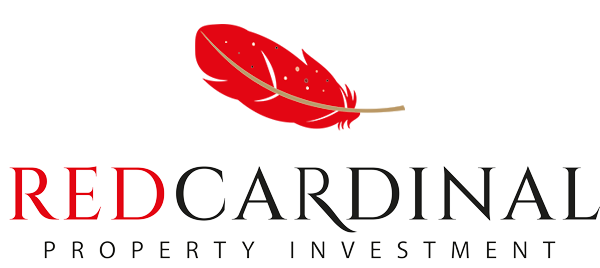Unveiling the Mystery of HMO
In the realm of property investment, the House in Multiple Occupation (HMO) strategy has emerged as a profitable alternative to traditional buy-to-let investments. This method has a reputation for yielding triple the returns and experiencing fewer voids by relying on multiple income streams. In this article, we embark on unveiling the mystery of HMO, delving into its intricacies, significance, regulations, and suitability for your investment goals.
What does HMO mean?
House in Multiple Occupation (HMO) refers to a property rented out by at least three people who are not from one ‘household’ but share facilities like the bathroom and kitchen. It’s a popular property investment strategy, offering a solution to housing shortages and high rental costs, particularly in urban areas.
What are the rules for HMO?
HMOs are governed by strict regulations to ensure the well-being of tenants. These rules include fire safety measures, adequate living space, and proper property management. Landlords must comply with local council standards, which can vary, to maintain the habitability and safety of the property. In 2022, new legislation, such as the Renters’ Reform Bill and mandatory carbon monoxide alarms in rooms with fixed combustion appliances, affected HMO investors.
Do I need an HMO Licence?
Landlords renting to five or more people need an HMO licence. This applies when these people form more than one household and share facilities. The licence remains valid for five years. All in all, landlords must meet specific standards and conditions to ensure tenant safety and proper management of the property.
Can Neighbours Object to an HMO?
Yes, during the licensing application process, neighbours can raise objections to the establishment of an HMO in their vicinity. Typically, these concerns revolve around noise, waste management, and the overall impact on the character and amenity of the neighbourhood, thus unveiling the mystery of HMO.
Why are HMOs needed?
HMOs tackle critical issues like housing shortages and increasing rental costs. They offer affordable accommodation, especially in high-demand housing areas. The increasing population and migration to urban areas emphasize the importance of HMOs in offering accessible housing solutions.
Find out more about what’s happening in the property market in our News column.




